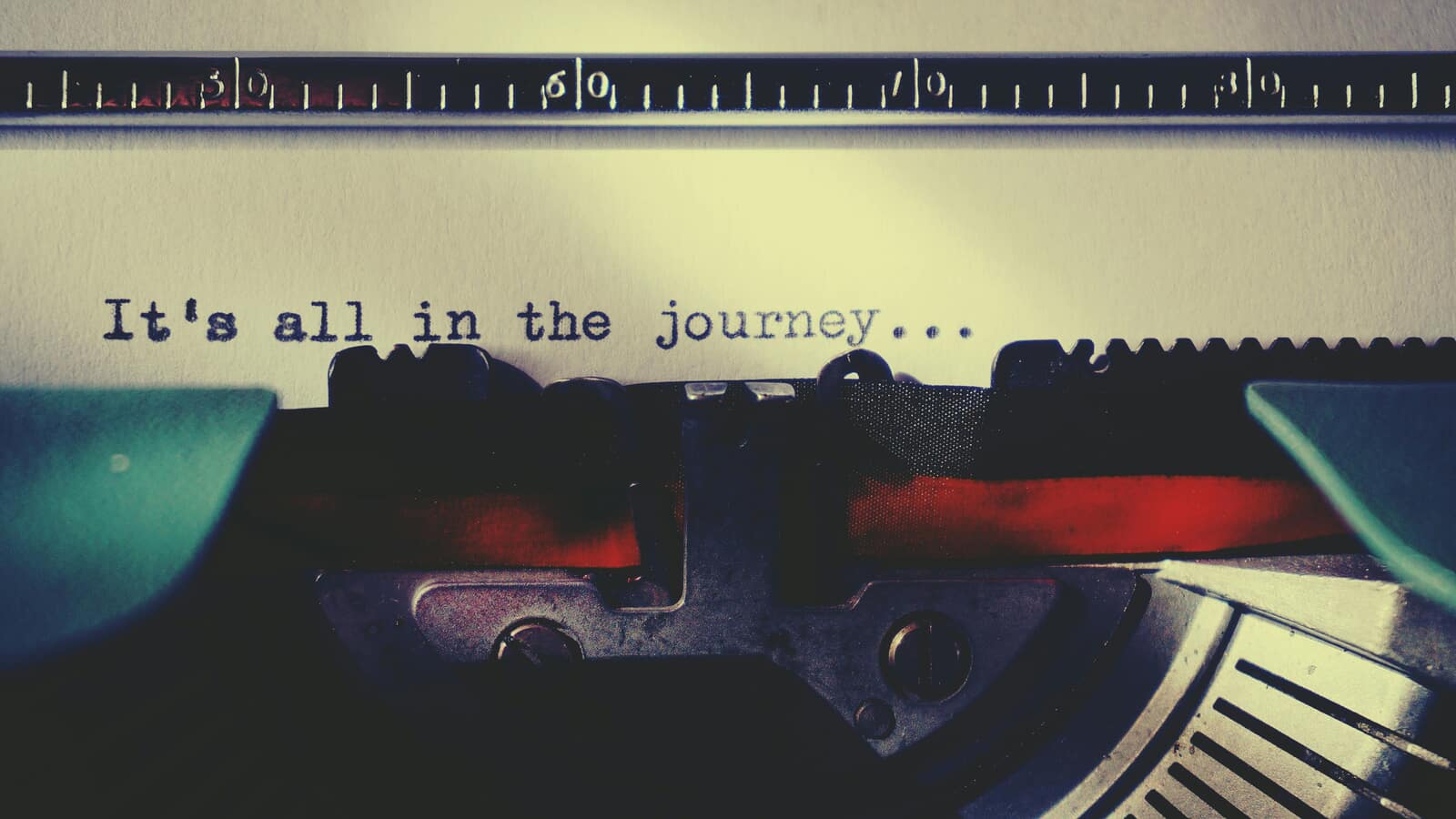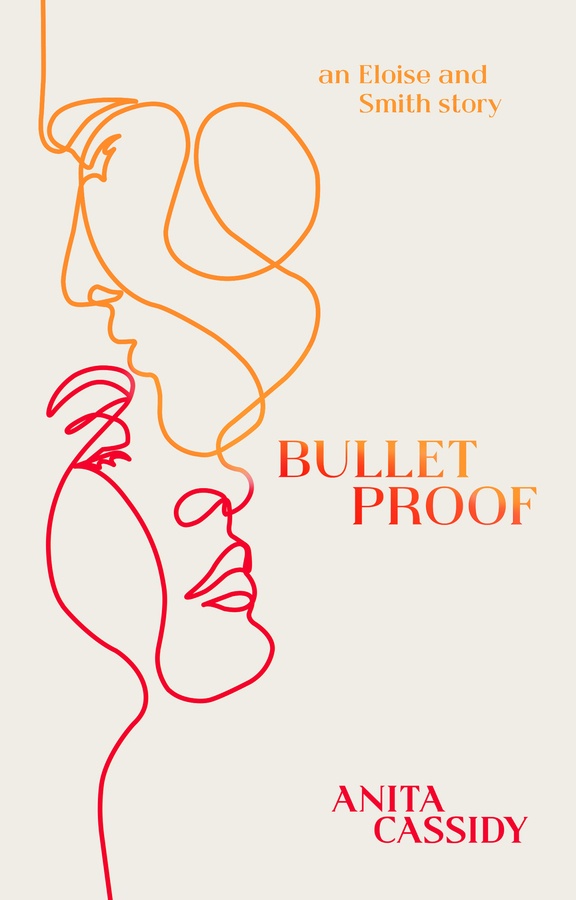I recently had a wonderful conversation with writer and traveller, Christine Wild, about desire and conscious relationships, here are some additional words and thoughts on the topic. The podcast is here.
Adultery. Affairs. The most ancient of sins and yet ones that are still very much present with us today, made even easier with apps and sites that offer up secret connections.
In my twenties, I made mistakes. I kissed people I shouldn’t. I slept with a man whose wife had just had a baby. I am not proud of these things. I rationalised them at the time. Made excuses for him. Made excuses for myself. The mind is clever like that. I was also pretty drunk when all of these things happened. Not an excuse but an important point for later.
When I got married myself, I had a very black and white approach to the idea of adultery. Cheat on me, I said, and I will cut your balls off. We laughed. What we never did was talk about the reality of remaining sexually faithful to each other for likely over fifty years. We were in love! How could affairs ever be a problem?!
It was this naïveté that made my own desires for more, a mere five years into my marriage, a very real problem. I was devastated. Nothing has ever hit me harder or shaken me more deeply than wanting something I had literally never imagined myself wanting. It was a genuine shock. It feels silly to say that now but it truly was.
I fumbled about. I had no idea who to talk to, where to go. I had no framework for even thinking this stuff, let alone talking about it with anyone and, having moved out of London and had young children, I no longer had a network of close female friends to talk with. I felt alone and isolated. I secretly read articles online but most of them fudged the issue: you will want to cheat, they said, but never do it. Never.
I got busy. Worked out. Cooked for my family. I became fed up with hangovers and tiredness and stopped drinking. I started writing a story that was then called Food Fight but which became my first novel, Appetite. The character of Naomi was all the bits of me that I was trying to ignore. I was struggling to contain my desires and, after a chance conversation led me to a kinky, dom/sub-themed tumblr, the feelings become a pulsing insistence for an experience that my body knew it needed even before I knew consciously what it was. It was desire that sparked the need for change and it was desire for that desire which fuelled the reading and the work of personal growth and development that I did next.
Mistakes are a necessary part of our journey to the truth about ourselves as we are right now
Reading Meg-John Barker as well as Franklin Veaux, I began to see that I was not at fault for feeling the way I did. Their words helped me to calm down and then, reading more, I began to understand that there were concepts and ideas that I hadn’t known I did not know about, like non-monogamy. These words made all the shattered, conflicted pieces of myself fall into place. I saw what I needed and, because of the distress I had been through for years trying to understand myself, I accepted it. Also, I now had a destination (an open, or polyamorous, relationship). I just needed a map, and a companion. I very much hoped that my husband Marc would be happy to come on the journey too.
We explored an open marriage for nearly two years and, whilst we have since separated, this was not because of the openness. The skills we learnt, the insights we gained about ourselves and our relationship, made it very clear, to me at least, that we were no longer emotionally, physically or intellectually compatible. We had always hoped to change together but the changes in me, and the increased clarity of insight into our relationship, meant that I was now meant for a different path than him. We remain close; we remain friends.
I have a different understanding of mistakes and confusion now. I see how mistakes can take you down different paths, can show you the unknown unknowns, the things you do not know that you do not know about yourself. And the mistakes I make now, as a forty-two-year-old bisexual woman navigating a polyamorous relationship, unlike in my drunken twenties are ones I make and then learn from.
This shift in my own understanding was also related to the idea that we cannot be all things to one person and that one person cannot see all of us. I was given powerful insight into myself by someone I barely knew: his fresh eyes and personal perspective helped bring a unseen part of myself to light. Yes, one person can see much of us, but connection with others reveals a fuller self, a more complex one, and this is one of the driving forces behind my choosing polyamory (or non-monogamy) as my current relationship framework.
The issue of ‘not being seen’ – as roles shift and situations and circumstances change – is a key area of conflict and concern in many relationships. Building in regular check-ins with regard to your feelings, and making learning how to listen and communicate an ongoing part of your life and habits, is important. Making regular time to talk means that, when something more serious or challenging comes up, you have the skills to deal with it better. Sharing and connecting on a regular basis, not just in a crisis, is very much part of the relationship anarchy manifesto and poly set-ups too.
In Appetite, Naomi responds to her feeling of not being seen in her marriage by embarking on an affair. Discussion on the topic of cheating has really moved on from the black and white, hyper-judgemental advice passed on in previous decades but there are still some very unhelpful pieces of opinion floating about on the web and beyond. While no one would ever advocate an affair as a ‘good’ thing, it is rarely a truly ‘bad’ thing; most people act out of desperation or because they do not know what else to do. Our options seem so reductive: leave, stay, or cheat. All three lack subtlety.
An online article which Christine and I talked about separately saw a therapist identifying a guy’s cheating in the early months of a shift to a long distance relationship as an ‘act of self-loathing’. ‘Get out of each other’s lives so you can become the people you’re meant to be,’ she advises. But then what? You’re fixed? Done? This seems very Cartesian and unhelpful. People are always evolving, and their needs, and even values, can change. This comment is also very much related to the idea that people only evolve and grow when they are single, and not in a relationship, where things must remain the same or you must stay within arm’s reach of each other or you have ‘failed’ at the relationship. More considered and compassionate prompts or questions might be: Where was the space to talk about the sexual consequences and impact of a long distance relationship? How do we compassionately look at and understand the mistakes we make? How much space and time did, and can, we create for discussing the chosen framework of our relationship?
Esther Perel is a leading voice in the call for a more nuanced, rather than black and white, look at adultery. She writes, in both Mating in Captivity and The State of Affairs, of the need to see ALL the different parts of a person, to not reduce someone to a role – earner, parent, cleaner, cook etc – and to work at keeping fresh eyes on a person. Regular and compassionate communication gives space to notice and discuss changes rather than ignore them. She also asks, given the levels of unhappiness and emotional abuse in so many relationships, is an affair really the worst thing one person can do to another? Trust can be debased and broken in countless other ways, and we ignore the damage caused by passive-aggressiveness, co-dependency and insecurity if we see only sexual fidelity as the key indicator of success in a long-term relationship.
Now that communication is a central part of my relationship life, rather than something to be avoided or to only bring out in case of emergency, I am very aware of how little I communicated before. Non-monogamous relationships are often marked by a level of honesty and communication that intimidates those unfamiliar with it, and yet it is the sharing of the deepest fears and desires, the anxiety, the jealousy, the fear of loss and change that we all exercise, that helps reduce them. By creating a safe and regular space in our relationships, whatever form they take, to discuss change, fears and any issues that relate to us and our feelings and needs, we are creating a secure and stable interaction.
Understanding that a relationship that someone chooses and commits to, rather than continuing it for social or family reasons, is key. Too many people fail to consider the harmful long-term messages about relationships that they are conveying to their children when authentic communication, compassionate conflict and genuine care are not actively present.
Change happens. Sharing our own fears, feelings and needs, and truly hearing those of our partner, helps us to navigate that change more easily
Whatever your current relationship framework, learning to talk about and listen to your partner’s or partners’ talk about sex and desire (even that which they may be feeling for others) is a key part of conscious communication and growth. It is a key part of a more mature, nuanced and loving relationship with ourselves.
My book Appetite can be bought online as can Christine’s. Links below




















